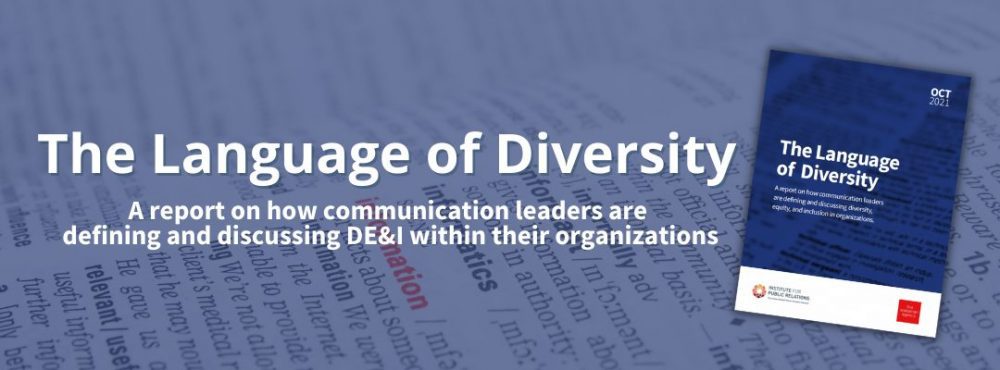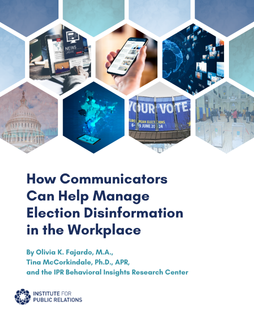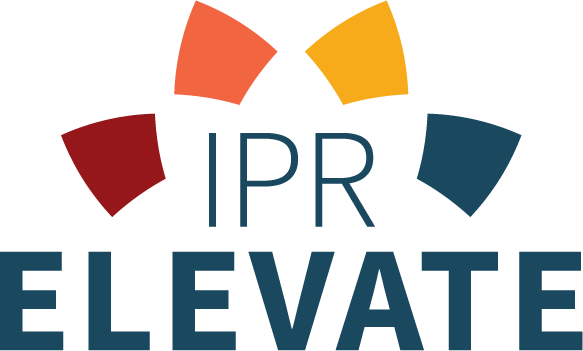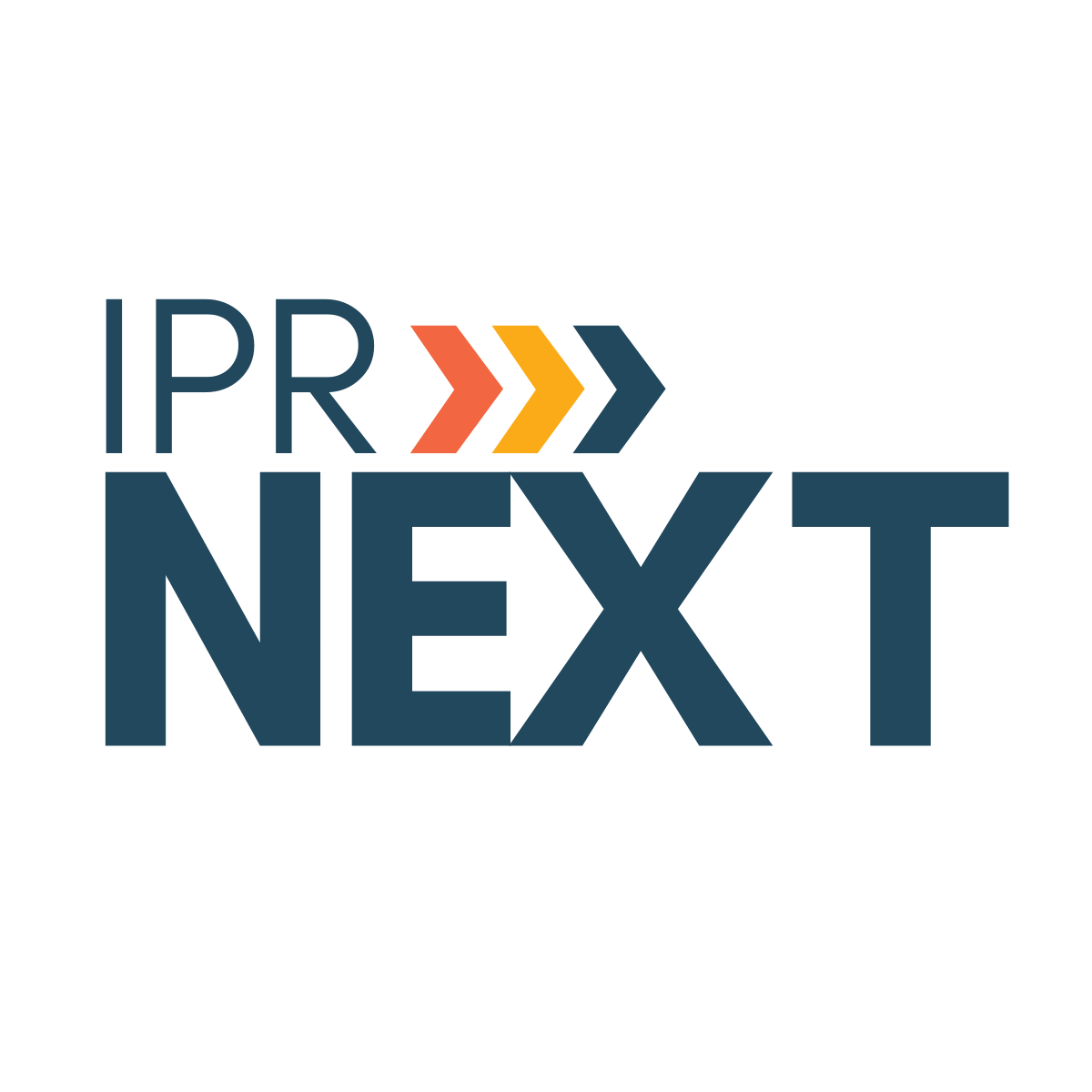New York, NY – The Institute for Public Relations Center for Diversity, Equity, and Inclusion and The Wakeman Agency launched a report on the current state of diversity-related language in the public relations industry, “The Language of Diversity.” The first-of-its-kind report examines how nearly 400 communications professionals perceive the current language of diversity, equity, and inclusion (DEI) being used in their organizations and its impact on workplace ecosystems. It also delves into ways the power dynamics in language can reinforce, advance, or impede creating authentic, DEI-infused professional cultures. Based on feedback from industry experts, the report offers suggested standard definitions for commonly-used DEI terms.
“Our industry has a responsibility to take a leadership role in reflecting the importance of language as it relates to the creation of ecosystems that hold DEI principles and practices at their core,” said Vanessa Wakeman, CEO of The Wakeman Agency. “As gatekeepers, we should be pushing for evolution in how we communicate with colleagues and external stakeholders. But before we can lead that charge, we need to gain insight into the current perceptions and use of language. We hope this survey will enhance clarity and impact as we strive to shape language that propels the DEI mission.”
An analysis of the survey results in the report finds:
- Ninety-seven percent of communicators agreed that language or words could influence or reinforce power dynamics in the workplace.
- A significant majority (87%) said it is important for workplace discussions to focus on how language can evolve to be more equitable or inclusive. However, one-third of respondents said they thought the terms diversity, equity, and inclusion were overused.
- Two-thirds of communicators agreed that the public relations industry needs to develop standard definitions relating to DEI, and only 13% disagreed. Less than half of respondents felt that organizations were adequately explaining why DEI language was important.
Report Reveals Inaccurate & Inconsistent DEI Definitions Among Communications Professionals
The survey asked respondents to provide definitions of diversity, equity, inclusion, and social justice. Across the board, these definitions were inaccurate, inconsistent, and incomplete compared to the body of knowledge and literature on this topic:
- Twenty percent reported they did not recognize the difference between the terms “diversity” and “inclusion.”
- A quarter failed to recognize “equity” and “equality” as distinct terms.
- Only 23% saw “inclusion” and “belonging” as separate terms.
Few organizations had codified DEI definitions, and most were not publicly available. Only 31% of communicators reported their organizations had formal definitions of DEI terms in a handbook or guide.
“Having clear and consistent language is critical for DEI communication to be successful,” said Dr. Tina McCorkindale, President and CEO at the Institute for Public Relations. “The survey results indicate a wide use and codification of language by communicators. Companies need to ensure their employees understand the terminology and are all on the same page, especially with the fluidity of language.”
Significantly, respondents also reported a distinct “say-do” gap between expressing commitment to DEI and engaging in meaningful action. Communicators noted that their organizations were more likely to publicly express a commitment to DEI (76%) than to take action, either internally (70%) or in society (59%).
Key Definitions of DEI
In addition to the comprehensive survey on the state of DEI language, the report also features definitions of DEI words/terms. The definitions were developed by analyzing the broad range of survey responses along with patterns in how people articulated terms and high-frequency words. Nine academic and industry leaders were consulted to review and provide feedback on the definitions.
Diversity-related definitions are provided for diversity, equality, equity, inclusion, and social justice. The report emphasizes that these are not universally accepted definitions; rather, they illuminate the need for refinement and ongoing updates to DEI language. The definitions were created to generate meaningful discussions and exploration, leading to lasting positive change.
To access the full report, please visit: instituteforpr.org/defining-diversity-equity-inclusion-report/
Methodology
The Institute for Public Relations and The Wakeman Agency conducted an online survey of 393 communication leaders from March 17 – April 12, 2021. A thematic analysis of the qualitative responses was conducted. Definitions were reviewed by rhetorical and linguistic scholars.
About The Wakeman Agency
The Wakeman Agency is a social change agency that deploys culturally competent and transformative communications practices to advance the most pressing social issues of our time. We partner with nonprofits, foundations and socially responsible companies that aim to leverage strategic communications to advance society towards systemic equity and justice. Through our Lexicon Project service offering, we develop and operationalize organizational lexicons/language guides that strengthen communications with internal and external stakeholders through a DEI lens. www.thewakemanagency.com
About The Institute for Public Relations
Founded in 1956, the Institute for Public Relations is an independent, nonprofit foundation dedicated to the science beneath the art of public relations™. IPR creates, curates, and promotes research and initiatives that empower professionals with actionable insights and intelligence they can put to immediate use. IPR predicts and analyzes global factors transforming the profession, and amplifies and engages the professional globally through thought leadership and programming. All research is available free at www.instituteforpr.org and provides the basis for IPR’s professional conferences and events.
Media Contacts:
Nikki Kesaris
Communications and Marketing Manager, Institute for Public Relations
Nikki@instituteforpr.org
Anita Bell
Campaign Manager, The Wakeman Agency
abell@thewakemanagency.com




